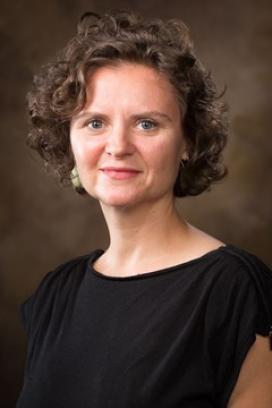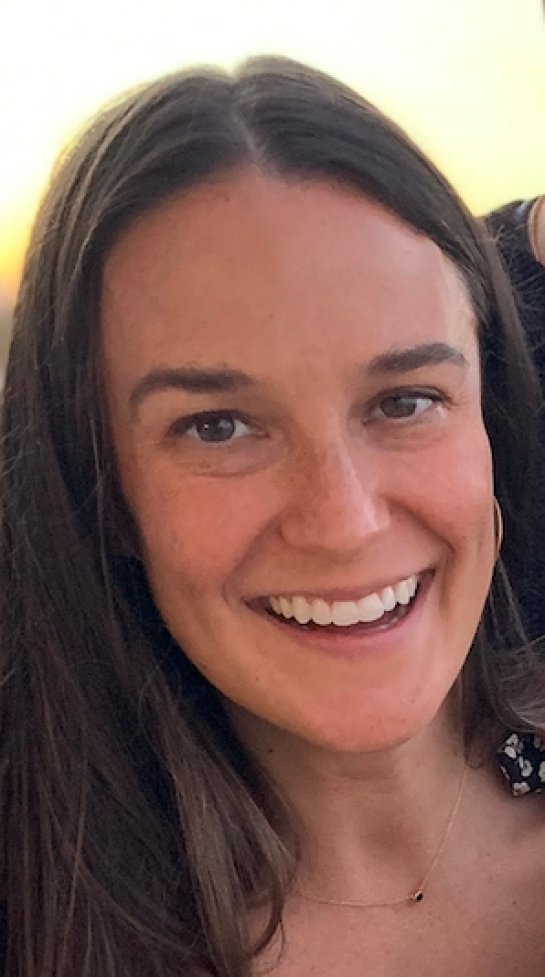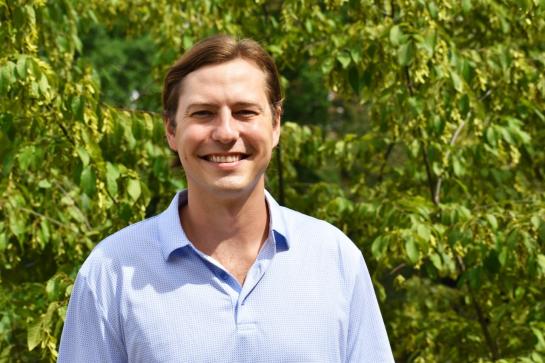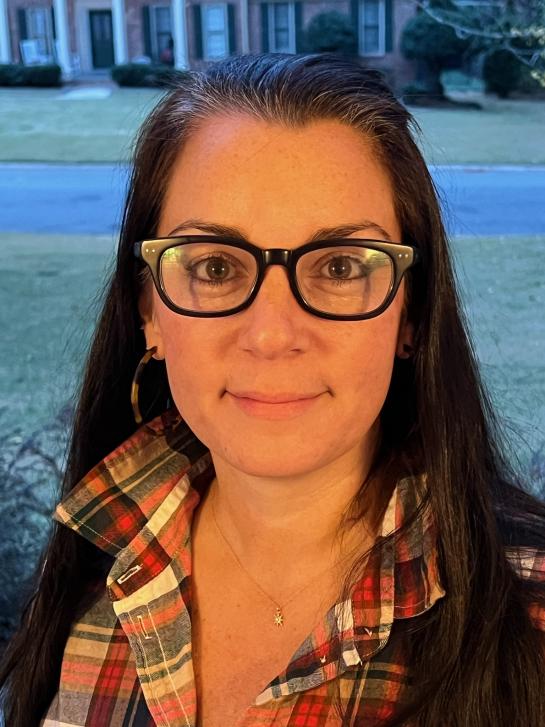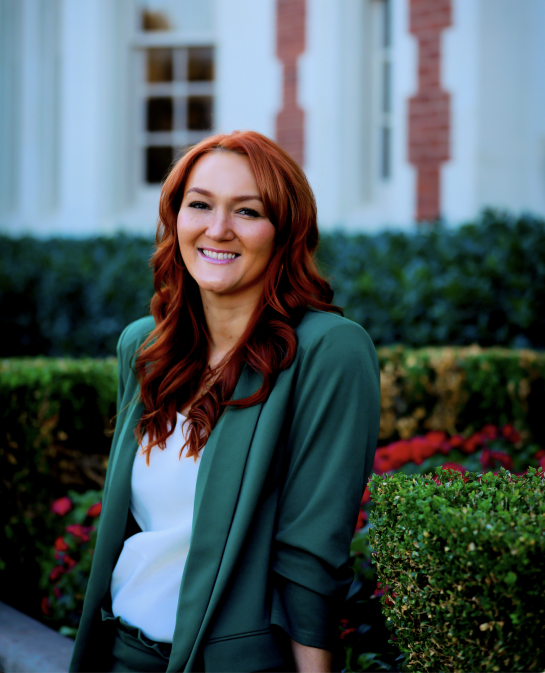Research Committee
The Research Committee is committed to promoting rigorous, meaningful research that investigates issues of practices and experiences of youth, families, and practitioners related to the career development and transition of individuals with disabilities. The committee is guided by priorities to:
- Bridge the gap: make transition research accessible to practitioners and supporting researchers in understanding the needs of practitioners
- Support rigorous research in transition
- Connect practitioners with researchers
- Connect researchers with researchers
- Develop research skills in students and early career researchers
- Expand voices of youth, family, and practitioners in research
Join our DCDT Research Committee Zoom Meetings:
| Thursday, September 26, 2024 |
| Thursday, October 24, 2024 |
| Thursday, November 21, 2024 |
| No December Meeting |
| Thursday, January 23, 2025 |
| Thursday, February 27, 2025 |
| Thursday, March 27, 2025 |
All meetings 11 a.m. PST / 12 p.m. MST / 1 p.m. CST / 2 p.m. EST
Meeting ID: 839 6172 7368
Passcode: DCDTRes#1
Video Research Snapshots
DCDT’s Research Committee is dedicated to bridging the gap between research and practice. The video research snapshots highlight current secondary transition research, which can directly impact the positive postsecondary outcomes of their students with disabilities. Every quarter, we will spotlight one article from DCDT’s peer-review journal Career Development and Transition for Exceptional Individuals.
Suzanne Kucharczyk, Ed.D., Chairperson
Email: suzannek@uark.edu
Suzanne Kucharczyk, Ed.D. began her career as a high school special educator and is currently an Associate Professor of Special Education and Chilton Foundation/Patti Bell Brown/Bonnie Bell Harding Endowed Faculty Fellow at the University of Arkansas. She leads the Leaders for Transition and Teaming for Transition projects in the University’s special education programs. As Research Committee Chair, Dr. Kutscher is excited to work together with you to prioritize DCDT’s work, develop new initiatives, and promote the mission of DCDT to improve the quality of transition services for youth with disabilities.
Past Award Recipients
- Leslie Bross, University of Kansas
- Evidence-Based Practices for Young Adults with Autism in Employment Settings
- Kelly A. Clark, University of North Carolina at Charlotte
- UPGRADE Your Job Performance Grant
- Hyejung Kim, University of Wisconsin, Madison
- Intersectionality in the Transition to Postsecondary Education among Korean-American Students with Autism
- L. Danielle “Danie” Roberts-Dahm, University of South Florida
- Inclusive Higher Education and Employment: An Analysis of Program Components
- Misty Terrell, University of North Carolina at Charlotte
- Effects of Using Behavior Chain Interruption Strategy on Increased Social Interactions of Young Adults with Intellectual Disabilities and Autism
- Lauren Bruno, Virginia Commonwealth University
- Investigating Secondary Special Educator Transition Competencies and Attrition
- Jennifer L. Bumble, Vanderbilt University
- Building Interagency Collaboration: Examining the Personal and Professional Networks of Transition Educators
- Christina Gushanas, Texas A & M
- Examining the Effects of Video Self-monitoring on Communication Within an Employment Setting Among Individuals with Intellectual and Developmental Disabilities
- Sheida Raley, University of Kansas
- Examining Whole-Class Implementation of the Self-Determined Learning Model of Instruction in Inclusive High School Mathematics Classes
- Tracy Sinclair, University of Oklahoma
- Using Self-Evaluation to Improve Work Performance of Transition-Age Youth in Community Work Settings
- Wen-hsuan Chang, University of North Carolina, Charlotte
- The Effects of Asynchronous Online Parent Training on Knowledge of Secondary Transition Services for Parents of Transition Age Youth with Disabilities
- Cynde Katherine Josol, Michigan State University
- Exploring the Development of Friendships Between Young Adults with and without Intellectual and Developmental Disabilities
- Jessica Monahan, University of Connecticut
- College and Career Readiness and Teacher Expectations of Students with and Without Disabilities
- Joshua Pulos, University of Oklahoma
- Effects of the Self-Determined Learning Model of Instruction on Academic and Non-Academic Behaviors: A Meta-Analysis
- Wen Zeng, University of Cincinnati
- A Mixed Methods Study of Postsecondary Enrollment and Completion of Students with Learning Disabilities
- Belkis Choiseul-Praslin, University of Oklahoma
- Validation of the Spanish and Chinese Versions of the Transition and Assessment Goal Generator (TAGG)
- Kaitlyn Millen, University of Northern Colorado
- Exploring Self-Determination in Youth and Young Adults who are Deaf or Hard of Hearing
- Vidya Munandar, University of Kansas
- Planned Happenstance Skills and College Students with Disabilities
- Quinn Perkins, Grand Canyon University
- Parent Involvement in Transition Programs: A Qualitative Descriptive Study
- Mary Whirley, Texas A&M University
- Investigation of a Check-in Check-out Procedure to Increase Communication between Employees with Intellectual/Developmental Disabilities and their Supervisors
- Heather Dulas, Texas A&M University
- Using Job Coaching to Increase Workplace Social Skills for Individuals with Disabilities: A Mixed Methods Investigation
- Amillia Oswalt, University of Arkansas
- Empowering Parents to Become Active Participants in the IEP Process
- Lindsay Romano, New York University
- Mindfulness and the Reduction of Racial Disparities in School Discipline during Adolescence
| Project and Description | Awardee and Biography | |
|---|---|---|
| Increasing Community Engagement of Transition-age Youth with Disabilities via a Ridesharing Application: An Extension Darcy will continue research related to young adults with disabilities accessing their communities using Lyft. For her dissertation, Increasing Community Engagement of Transition-age Youth with Disabilities via a Ridesharing Application: An Extension, she will leverage intervention techniques from previous research within the context of the participants’ travel routines. Her project includes predictors of postsecondary success (e.g., parent expectations and involvement, community experiences, and self-determination), allows young adults to use their own devices, and provides an opportunity for participants to ride independently. |
Darcy Fredrick is a doctoral candidate at UNC Charlotte where she focuses on secondary transition for students with disabilities. Darcy has a master’s degree in special education and a certificate in autism spectrum disorder. Following seven years as a high school special education teacher, Darcy began her PhD in 2020 and has worked on projects related to transportation for young adults with disabilities, inclusive practices, and goal setting using technology. She is currently the Project Coordinator for the CIRCLES grant, a model for transition planning. |
|
| Using Video Modeling to Teach Vocational Social Skills to Young Autistic Adults Young autistic adults currently experience low employment outcomes in the U.S., often related to a low use of expected workplace social skills. The purpose of this study is to examine the effects of using video modeling to teach high-frequency vocational social skills to autistic youth. The behavioral targets will be based off of a vocational social skills assessment and will target skills related to common interactions between a supervisor and employee. A practitioner will act as the intervention agent in the study, and we will assess generalization from the training environment to a more naturalistic setting. |
Alan McLucas is currently a third-year special education doctoral student at the University of Virginia. He graduated with both a Bachelor's degree in History and Master's in Teaching from the University of Virginia in 2016 and taught middle school special education in Charlottesville, VA for two years following graduation. Alan and his wife (also a special educator) then moved to Lusaka, Zambia for two years to work with students with intellectual disabilities alongside Zambian teachers and provide teacher education and community training on disability and special education. Alan is interested in research concerning transition to adulthood in rural settings and how to support employment access and maintenance for autistic adolescents and adults. He is currently working to become a Board Certified Behavior Analyst alongside his Ph.D. studies. | |
|
Agency and College Students with Intellectual and Developmental Disabilities: A Photovoice Project |
Rebecca B. Smith-Hill is a doctoral candidate in special education at the University of South Carolina. She is an Assistant Director for CarolinaLIFE, an inclusive postsecondary education (IPSE) program. She is a social worker and former middle and high school special education teacher. Her research interests include self-determination and agency for students with disabilities and enhancing teacher cultural competency through pre-service teacher opportunities and education. | |
| Examining Independent Living Skills and Economic Hardship for Youth with Disabilities Using Data from the NLTS2012 This study uses data from the National Longitudinal Transition Study 2012 to create a latent construct, or measure, of independent living skills (ILS). The relationship between ILS and economic hardship, a holistic measure of poverty and adversity, will also be examined. Differences based on student disability category, and race or ethnicity will be studied. The disability groups include intellectual disability, autism, and high incidence disabilities. This study will determine differences in ILS based on student characteristics (i.e., disability, race or ethnicity, economic hardship). |
Ashley Taconet is a Ph.D. candidate at the University of Connecticut studying Educational Psychology with a focus on special education. Her research interests include transition and postsecondary education for students with intellectual disability, independent living skills, and inclusive postsecondary education. She has worked as an employment specialist, paraprofessional in transition education, and mentor for an inclusive postsecondary education program. Currently, she has 14 accepted peer-reviewed articles and 25 national and international presentations. | |
| Indigenous Students’ Postsecondary Transition Needs: A Delphi Study The purpose of this study is to identify the needs, skills, and knowledge specific to Indigenous students for successful postsecondary transition in the areas of education, employment, independent living, and community participation. To determine the specific needs Indigenous students may have, we will use a modified Delphi procedure to collect input from a panel of Indigenous postsecondary transition experts. This study is the first step in a larger research trajectory of designing and validating a transition questionnaire for Indigenous students. |
Courtney Tennell is a citizen of the Cherokee Nation and a doctoral student in the Leaders 4 Transition program at the Zarrow Institute for Transition and Self-Determination at the University of Oklahoma. Her research focuses on Indigenous special education, postsecondary transition, and transition assessment. | |
